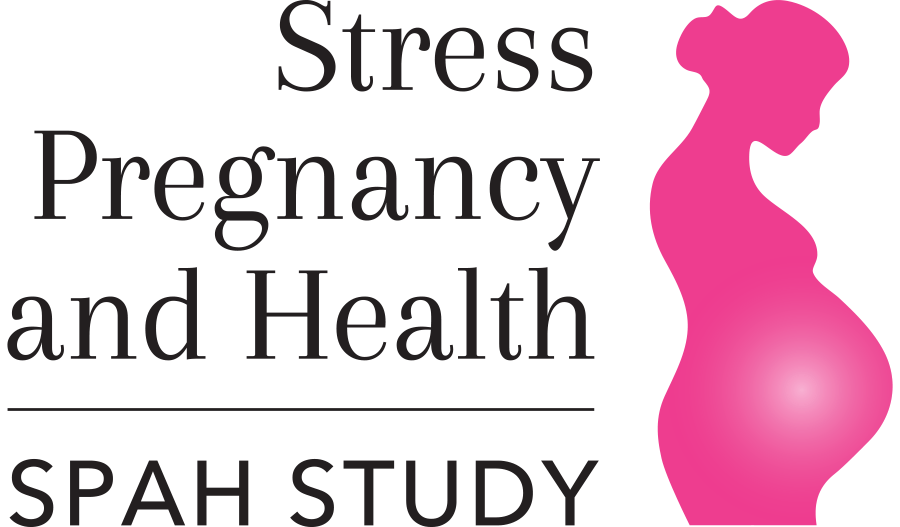Thank You for Your Interest in the SPAH Study!
We are pleased to inform you that we have successfully completed the recruitment phase for this study, and we are no longer accepting new participants.
To all those who took part in the SPAH study, your involvement has greatly contributed to advancing our understanding of stress in pregnancy. Your support and dedication are highly appreciated.
If you were part of the SPAH study and want to continue with the SPAH family, we encourage you to explore our SPAH Kids page.
Why is this research being done?
What is the public health relevance?
We follow a large sample of participants throughout their pregnancies to learn about their:
- economic conditions
- personal relationships
- neighborhood features
- psychological states
- and their biology
By studying these processes during pregnancy, we may be able to identify targets for presentation of health problems throughout the life course!
How many people are being studied?
We recruited 605 people into this study!
What does the study consist of?
- Participants are asked to come to Northwestern’s Foundations of Health Research Center for two 2-hour lab visits
- At both visits, we will assess various measures of participant’s health by measuring weight, taking blood pressure, and drawing 2 tablespoons of blood
- At delivery, participants will be asked to donate a portion of their placenta to the study.
- After delivery, we also gather information from participants’ medical records. This information will help us to understand how the pregnancy went and the baby’s health at the time of delivery.
What can we learn from the health measurements?
- From the blood, we will measure levels of hormones and molecules that are modified by stress and also important to successful pregnancies . The blood will also be used to measure how immune cells are functioning. To do that, we will measure levels of RNA, a molecule that cells use to build proteins, and levels of methylation, which affects how easily the cells make RNA.
- We will use the cells from the placenta to understand how stress affects levels of hormones and molecules that help babies grow in the womb. As with blood cells, we will do this by measuring RNA and methylation.

Questions?
Contact us via email!
spah.study@northwestern.edu
